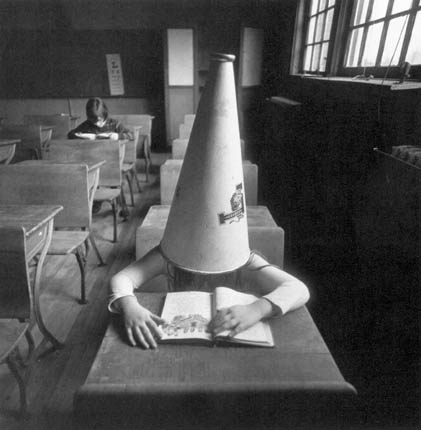
A National Association of Scholars’ report for the regents of the University of California points out that, not only has the leftist tilt in their faculty continued to grow over the years; it’s become more extreme in nature to the point where it’s impossible to find alternate views in critical areas of education. The skew is prevalent across all disciplines, and educators now openly talk of their role as activists instead of educators. Complaints of such bias are growing in number and volume across a population that looks to the University of California as a key option for its children’s higher education.
That’s the focus of a recent Los Angeles Times editorial and very likely applies to many education institutions and systems across America today.
At UC Berkeley, the ratio of Democrats to Republicans even in the hard sciences had grown to 10 to 1 in 2004, many times what it was 30 years ago, according to a study by Daniel Klein and Andrew Western. In the humanities and social sciences, the ratios were 17 to 1 and 21 to 1, respectively.
Part 5 of the report lists the consequences of what it terms a “corrupted academy.” They include a significantly inferior higher education, cancelling the leveling effect of a higher education, a growing lack of respect for it and, ultimately, damage to America’s cohesion and sense of itself. It’s difficult to argue we aren’t already experiencing said consequences to a large degree.
If the recent editorial, from which the passage below is excerpted, isn’t enough to convince you that UC already has a serious problem, a look through and/or close reading of the complete 80 page report most likely will.
The catalog description of UC Santa Barbara’s Feminist Studies 230 reads like a parody, offering the “experiences of women of color, both within the U.S. and globally, with interlocking systems of racism, classism, sexism, homophobia/transphobia, ableism and colonialism.”
These tendentious descriptions are reflected in what many students say about their UC education. “Ten weeks of anti-capitalist, anti-globalization rhetoric,” said one UC Santa Barbara sociology student about his class.
To educate can be defined in different ways, from empowering a student to think, analyze, convey, communicate, or otherwise process information for themselves, ultimately reaching his or her own conclusions and perhaps even accepted truths; or it can be defined as the imposition of another’s ideas and opinions onto any person or population being educated.
Based upon the Times editorial and National Association of Scholars report, U.C., if not all of higher education in America, is fast becoming an institution which does the latter — defines, projects and even dictates its own thoughts, conclusions and perceived truths onto others — at the risk of failure to educate at all, should students reject what is now routinely being passed off as learning in higher education today.

COMMENTS
Please let us know if you're having issues with commenting.